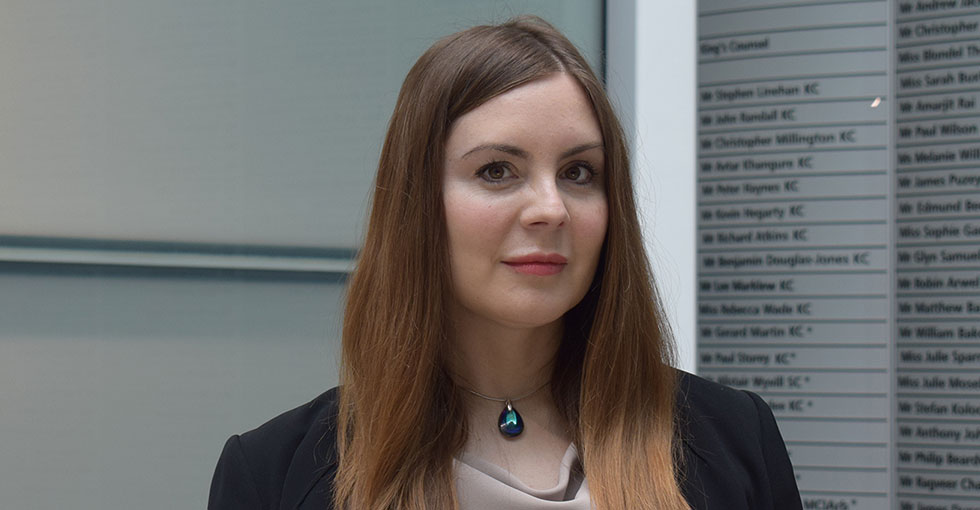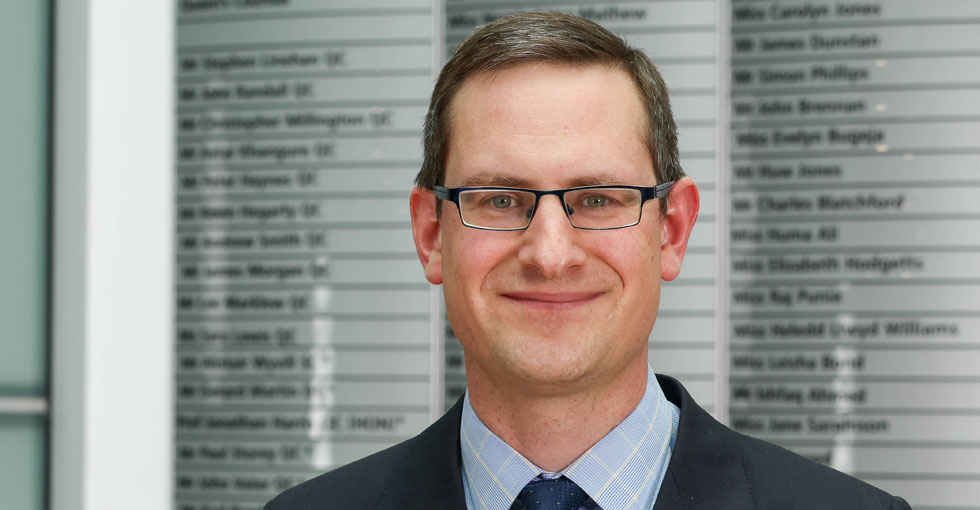In the latest round of the University protest litigation, on 13 June 2025, Sir Peter Lane granted Cardiff University a ‘final’ (or perhaps more accurately, a ‘quasi final’) injunction against Persons Unknown, protecting eleven sites from unlawful direct action at the first hearing of the application.
The application was opposed by the European Legal Support Centre (“ELSC”) which was joined to the proceedings as an intervener and argued:
- There was no compelling need for an injunction as the protestors had disbanded their most recent encampment following service of the claim, thus there was no longer any real and imminent risk.
- The University was seeking to criminalise trespass and was asking the Court to act as a quasi-legislator in making an injunction to cover most of the campus.
- The University had failed to comply with its duty of full and frank disclosure and should therefore be deprived of any injunctive relief (whether interim or final).
- The injunction sought would constitute a breach of the Defendants’ human rights, which could only be considered properly following further evidence and a trial.
Sir Peter Lane rejected each of ELSC’s arguments:
- Despite the encampment having disbanded following service, there was still a real and imminent risk of unlawful direct action given the pattern of conduct in 2023 – 2025 and threats of further action.
- Applying Valero Energy Limited v Persons Unknown [2024] EWHC 134, the Judge was satisfied that all of the requirements were made out. Notably, he rejected the contention that the University was seeking a de facto campus wide injunction – the scope was confined to what was strictly necessary.
- The Judge did not accept that the University had breached its duty of full and frank disclosure or should be deprived of relief. The University had not argued that Articles 10 and 11 could never be engaged in the case of private land, rather that they do not provide a right to trespass on private land.
- The proportionality exercise was conducted and fell squarely in favour of making the injunction. Crucially, the protestors will still be able to exercise their Articles 10 and 11 rights providing that they follow the University’s Code of Practice on Freedom of Speech. That was said to strike a fair balance between upholding the right of freedom of speech, whilst protecting the University’s legitimate property rights.
In making the injunction to last until the end of the 2025/2026 academic year, Sir Peter Lane accepted that there is no meaningful distinction between interim and final relief in the context of an injunction granted against Persons Unknown where there has been adequate notification (see: Wolverhampton City Council v London Gypsies and Travellers [2023] UKSC 47 at §139) and made provision for a review prior to the expiry of the 12 months to consider any material circumstances and whether it should be continued.
Michelle Caney, led by Myriam Stacey KC of Landmark Chambers, and instructed by Martin Edwards and his team at Shakespeare Martineau, acted for Cardiff University in this important decision.










